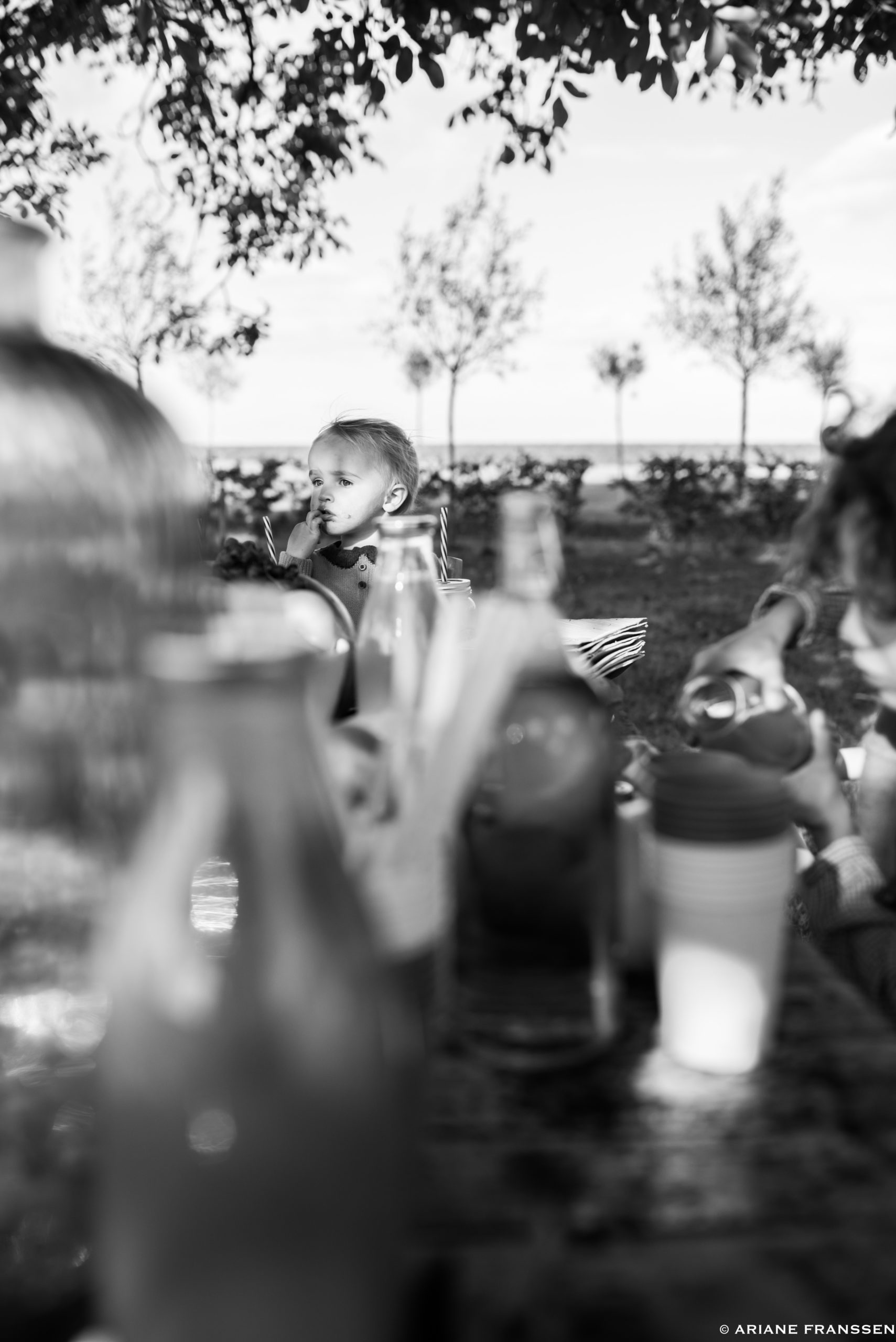
25 Mai Food, childhood and memories
Efrat is an anthropologists who has researched and worked For over 20 years with different groups of migrants. Efrat worked for many years in the academia: Bar-Ilan University, Israel, KU Leuven, Belgium and University of Gent, Belgium until she has decided to go more into the practice and to bring her knowledge and expertise to help people with their journey to a new place.
Today she is speaking about the importance of food in social relationship. In this first part she will focus on food and family.
Food and eating were always fascinating topics of research in Anthropology as they are the essence of our lives. We all need to eat in order to survive but the way we eat, the quantity and quality of food, the way people think about food, where and when people eat are all related to cultural differences..
Food brings us memories as it takes us to an imaginary place with colours, texture, smell, taste therefore it brings strong emotions. When we think about our favourite dish we can almost smell and even taste it and our mind shifts to the time and the place where we had that dish.
In this short article I would like to explore, via a few examples of differences between cultures, the place of food in family live.
What do we talk about when we talk about … Food and Family?
Sociologists and psychologists found many benefits to the habit of family meals. Eating together teaches children social skills such as speaking to adults, listening to other people while they talk, exchanging views and learning to accept other people’s points of view. It empowers self-confidence as the secured family environment, in most cases, allows the child to reveal his/ her feelings. Moreover, eating together allows an improvement of language skills and extends the topics a child is exposed to.
Every family has its own way of eating which varies from one culture to another. Different cultures have norms regarding what is allowed or not when eating, who is sitting where during the meal, what are the acceptable ways of preparing food, the time meals should be served and obviously what people eat.
Family meals have a very prominent rule in teaching offspring social and cultural rules. In Nepal and China for example, the elderly person would eat first and only then would other members of the family start to eat. In other cultures you might see that children are fed before. The order of serving food reflects the place this group of people has in society and the respect the culture give them.
Food traditions are kept in the family and it promotes a construction of identity and identification. Dishes tell us the story of where we came from and who we are.
Traditions of food and eating differ within a society over time due to social changes. The quality of food has changed over time. In many families there are more and more industrial dishes to help the new organisation of the family because more and more mom have a full time job. The tradition of “takeaway” has developed tremendously to facilitate joggling between home and work. Another change in family cooking is the place of the man in the kitchen. These days we see more and more men involved in preparing food. The traditional role of mothers as cook has changed and it also brought changes in the variety and in the tastes of the meals.
Efrat Tzadik
